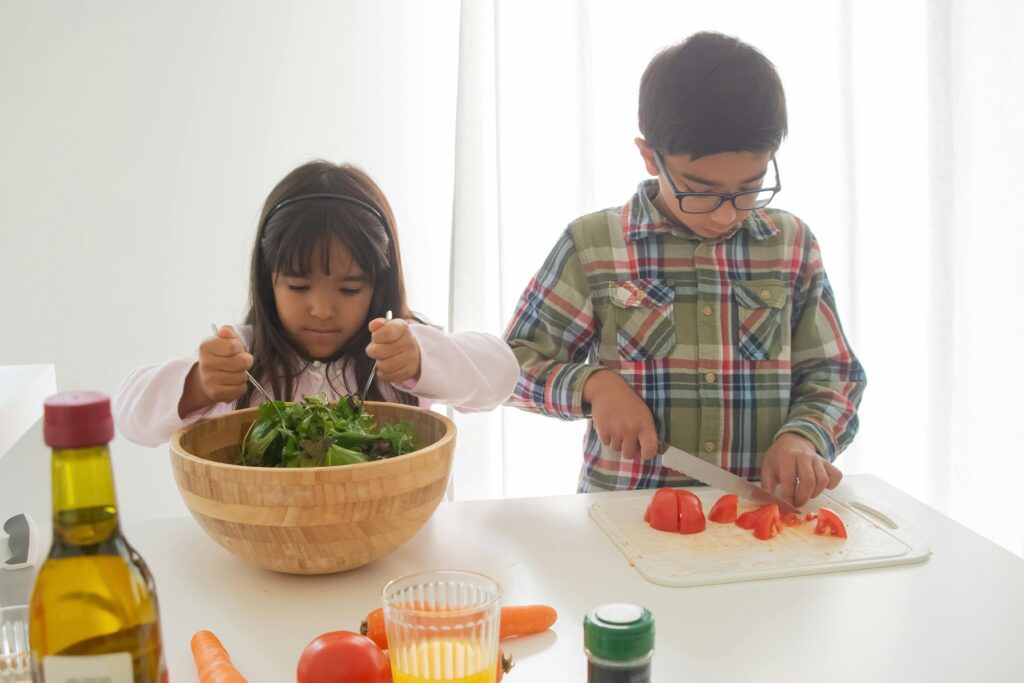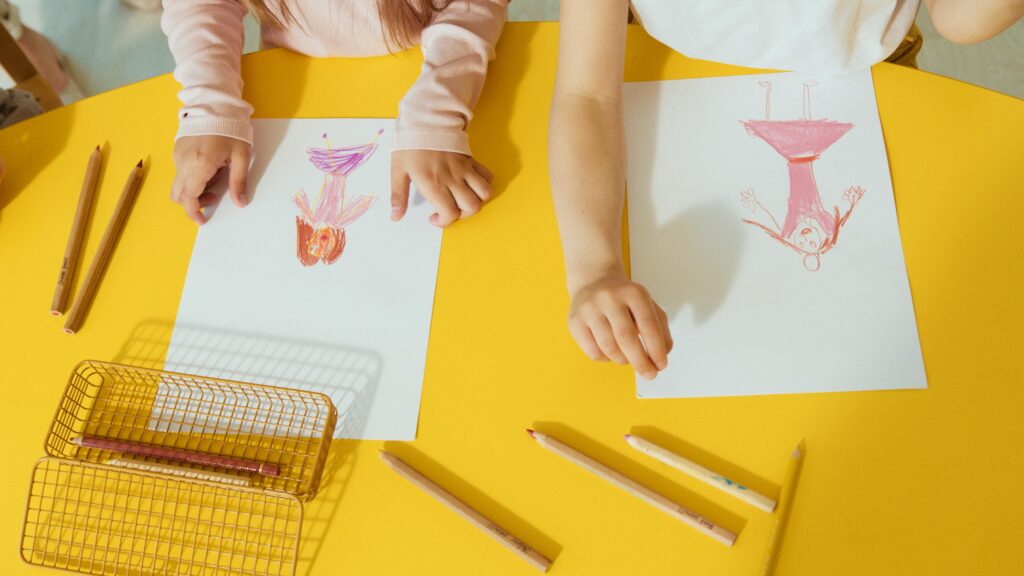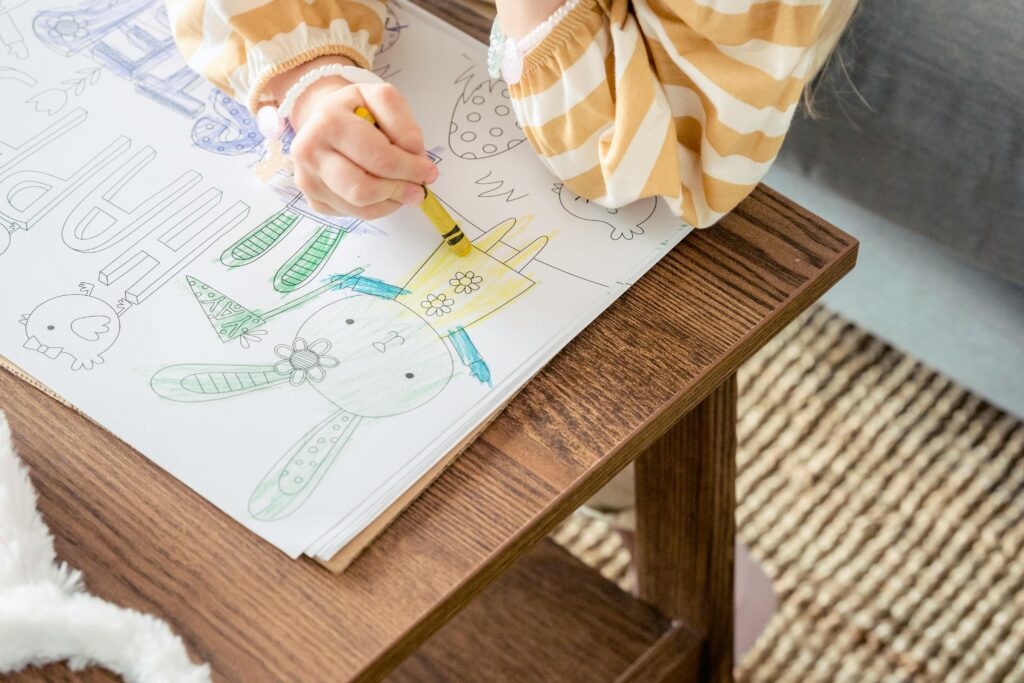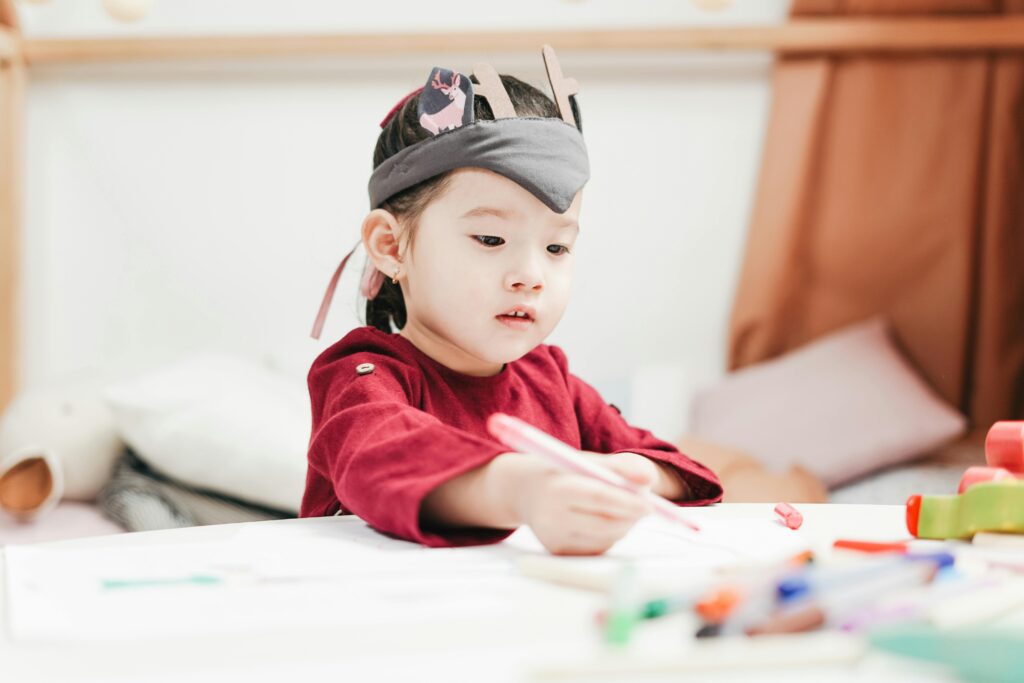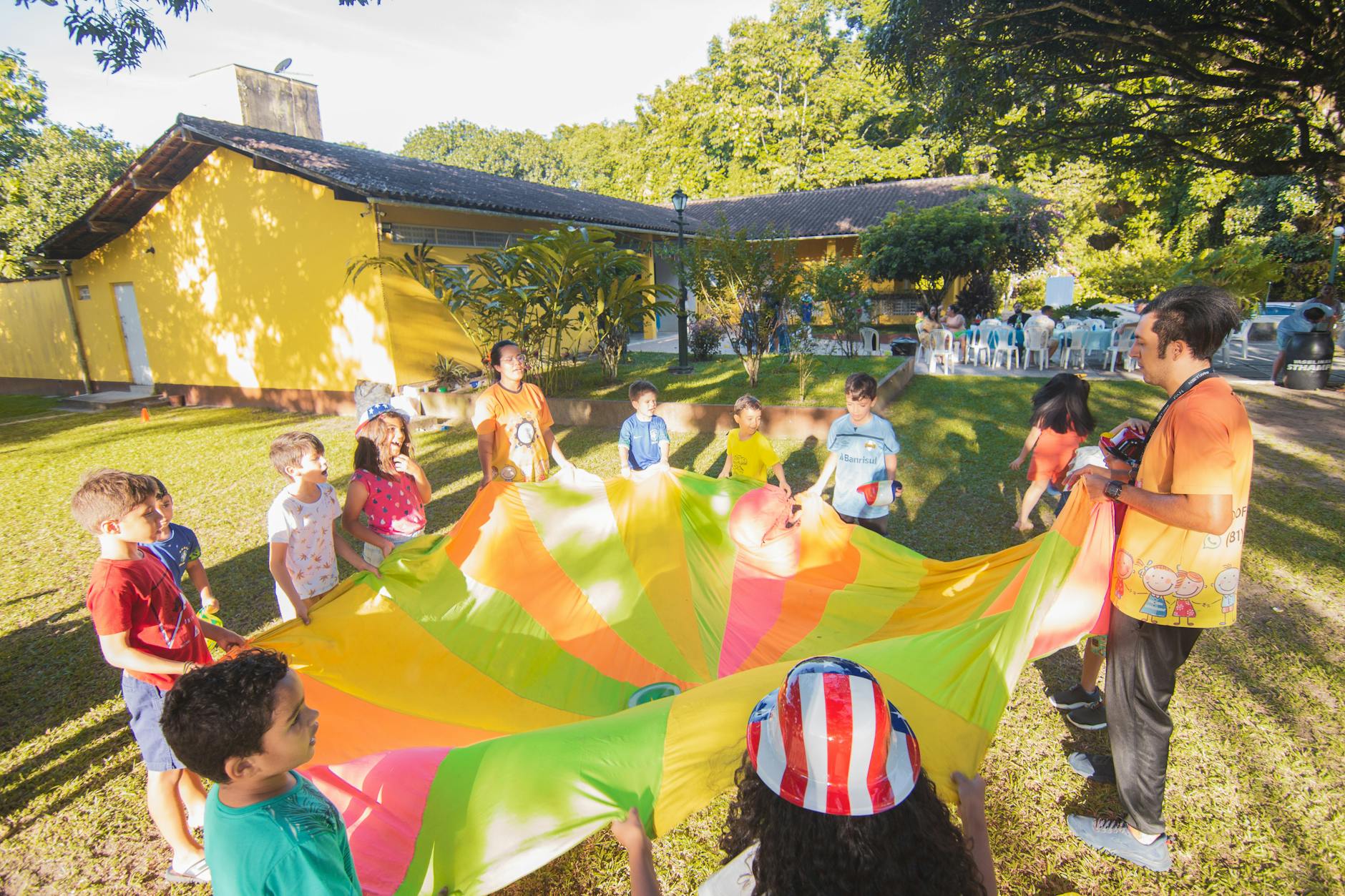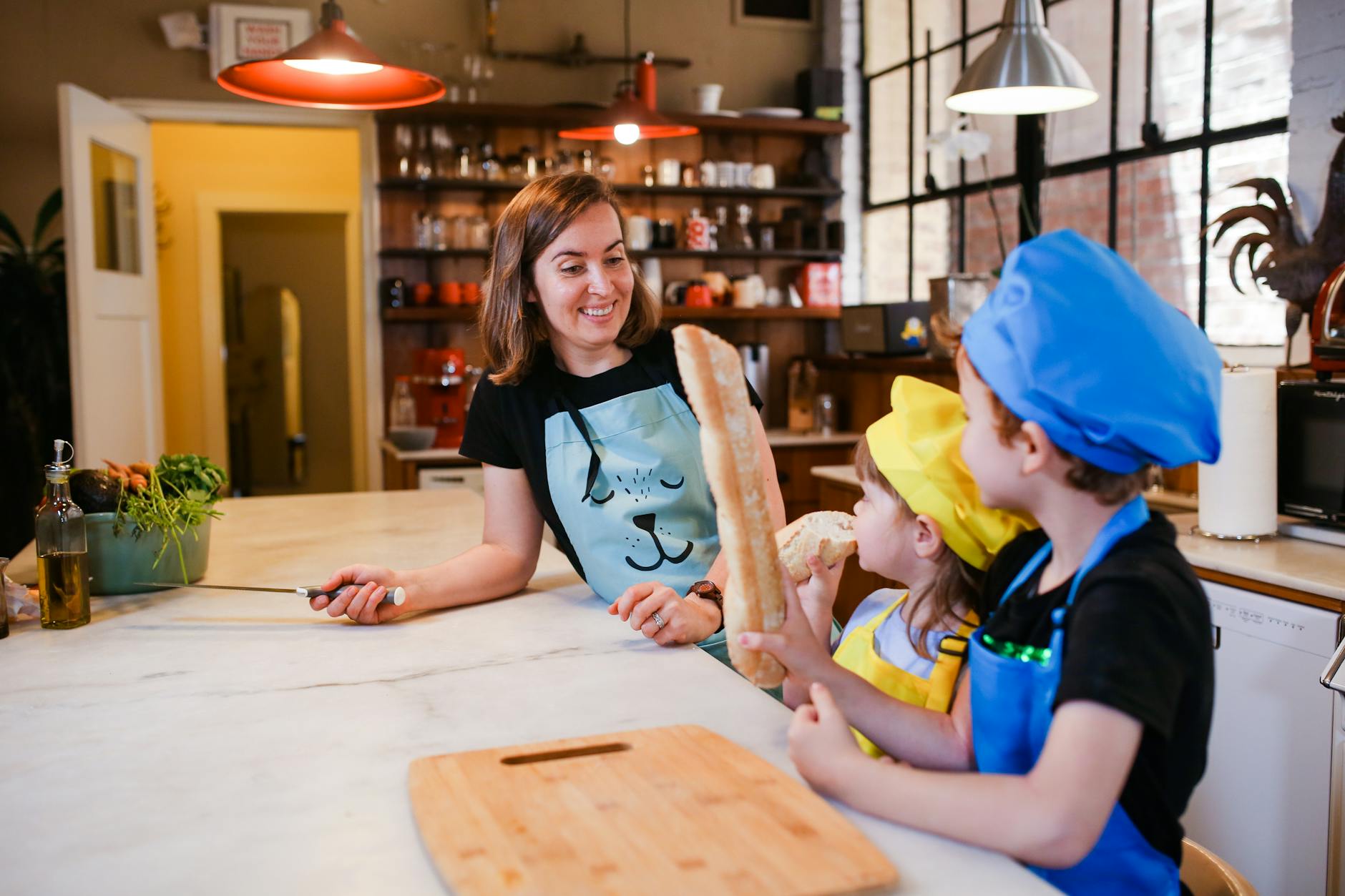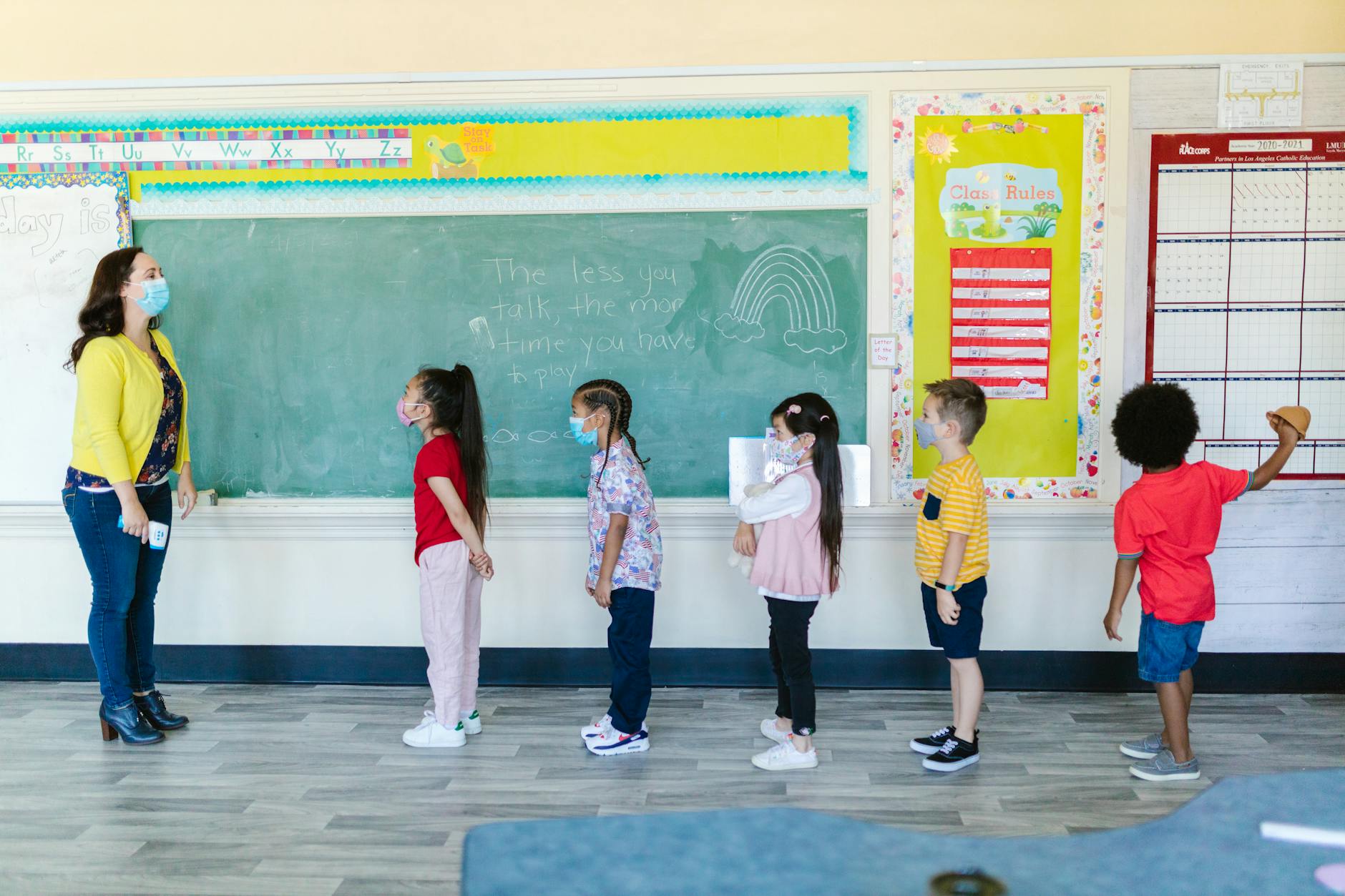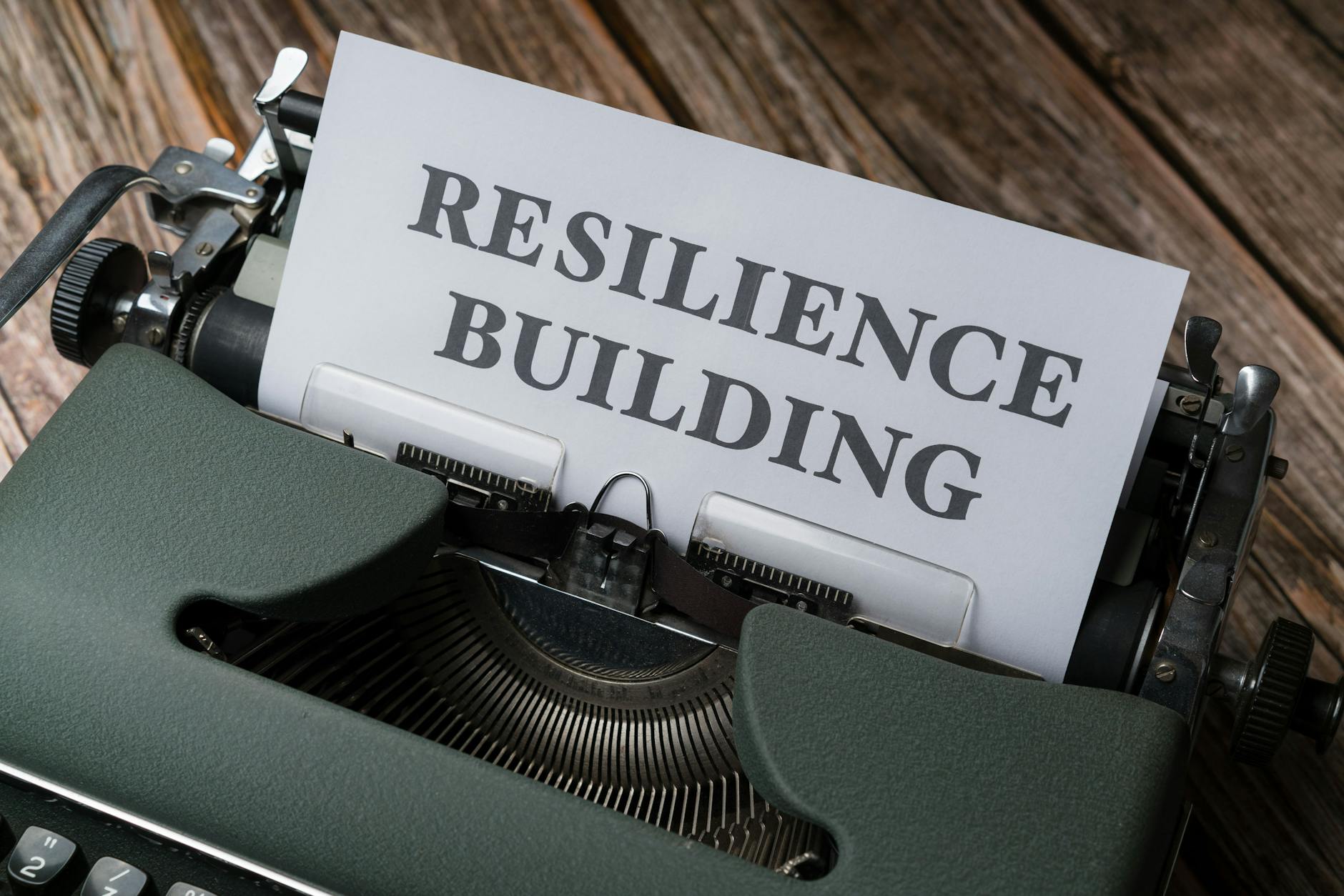The school holidays should offer more than a pause in the academic calendar. They are a chance for students to reset their minds, recover their energy, and reconnect with the people and experiences that matter. Rest is not simply the absence of school work. Rest is a mix of balance, intention, and space. When parents shape the holiday with this in mind, children return to school refreshed and stronger.
Children need real breathing room after months of early mornings, late nights, and academic pressure. Tuition and extra lessons can be helpful and even necessary for some kids, particularly if they need reinforcement to prepare for the next academic year. The key is intentionality. If a child does not need a heavy load of extra classes, keep tuition to a minimum so the holiday does not become another packed school term. Giving them space to rest does not mean letting them drift aimlessly all day, yet it also should not crowd out the mental recovery they truly need.
A light touch of academic activity helps maintain momentum without overwhelming them. Short reading sessions, simple revision, puzzles, or educational games keep their minds active while respecting their need for a break. Balanced learning keeps the transition back to school smooth.
Rest also means stepping back from constant stimulation. Time away from social media and gadgets allows kids to reset their attention span and emotional rhythm. Offline hours open space for hobbies, outdoor play, and simple moments of presence that screens tend to interrupt.
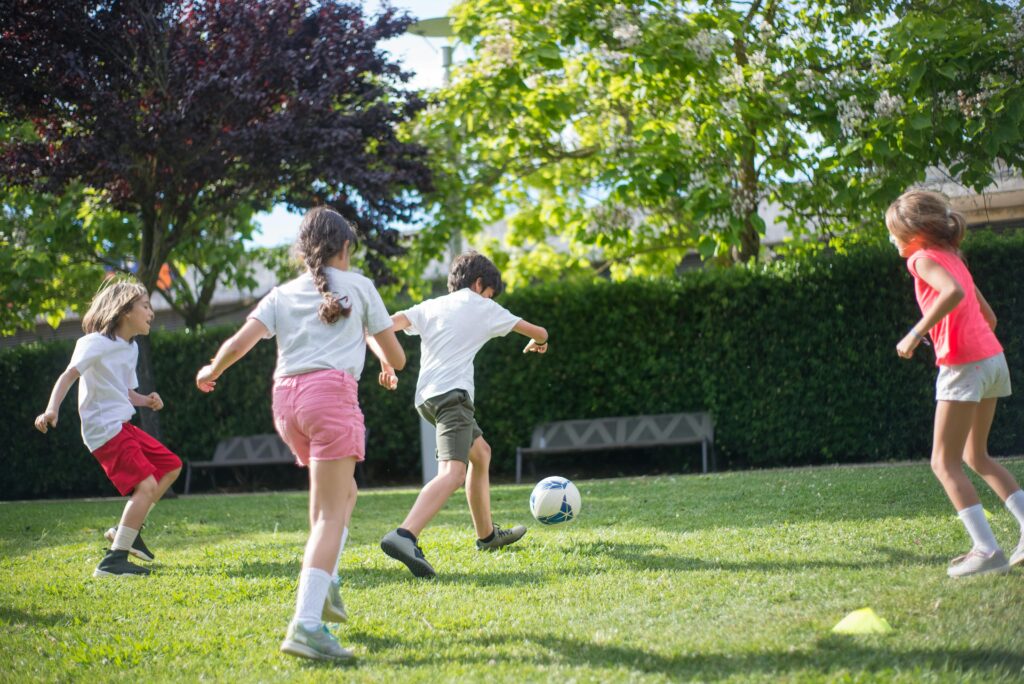
Sleep is one of the most underrated forms of recovery. During school days, many children juggle early wake-ups and late bedtimes. Letting them sleep in during the holidays helps their bodies catch up and their moods stabilize. At the same time, it helps to avoid letting bedtimes drift into the very late hours so their natural rhythm does not get thrown completely off track.
Social connection is part of healthy rest. Encourage your child to meet friends they have not seen in a while, especially if they are spending the holiday in your home countries. Unhurried time with peers builds confidence, joy, and emotional balance that structured school days sometimes crowd out.
Family time matters just as much. An overseas trip is wonderful when possible, yet even simple weekends together can strengthen family bonds. Shared meals, games, small outings, or casual conversations create the kind of connection kids remember.
Holidays are also a chance to explore fun activities and new skills. Whether it is a creative workshop, sports activity, craft project, or hands-on hobby, engaging in something enjoyable gives kids both rest and inspiration. These experiences help them return to school feeling refreshed rather than drained.

Our dear Milchelians deserve rest. They have worked hard all year, balancing expectations, routines, and academic challenges. A thoughtful holiday rhythm gives them the chance to breathe deeply, rediscover joy, and return to school with a clearer mind and a happier heart. Let them enjoy this break. They have earned it.







